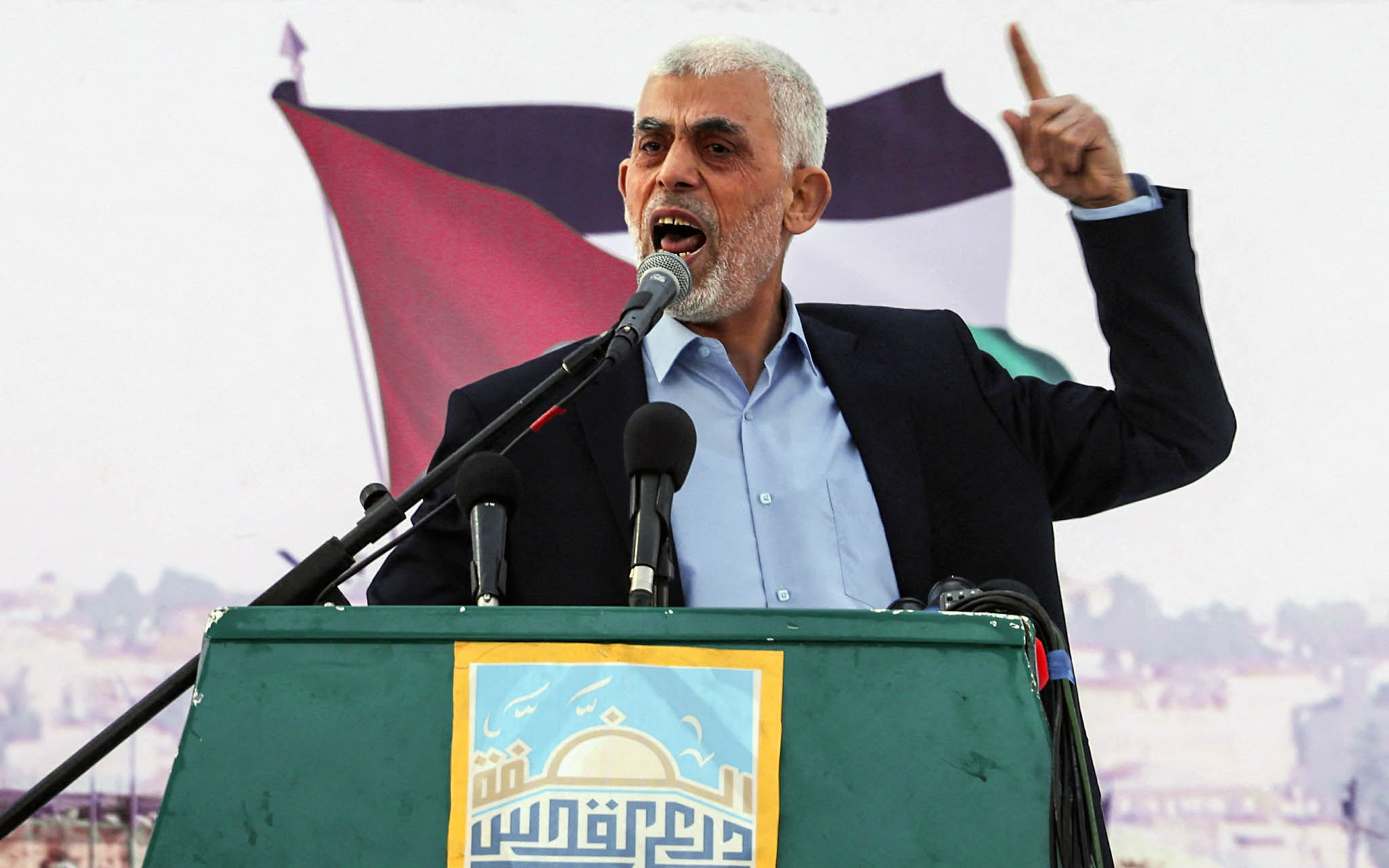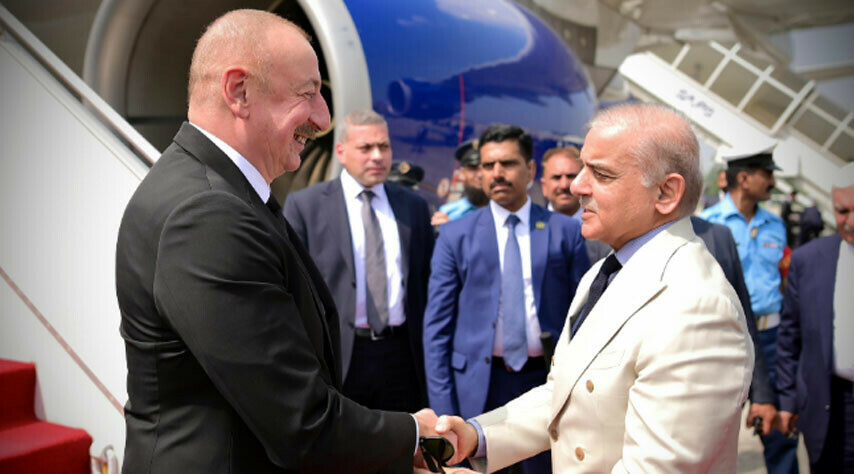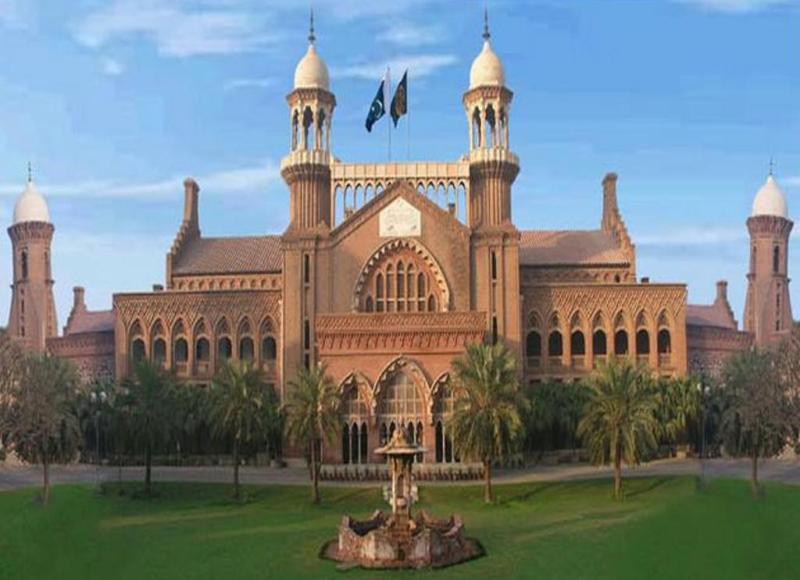Hamas announced the appointment of Yahya Sinwar as its new political leader in the Gaza Strip. This decision follows the assassination of his predecessor, Ismail Haniyeh, in Tehran last week, an event that has significantly heightened regional tensions. Both Iran and Hamas have blamed Israel for Haniyeh’s killing, although Israel has declined to comment on the matter.
“The Islamic Resistance Movement Hamas announces the selection of leader Yahya Sinwar as the head of the political bureau of the movement,” the group stated. Mere minutes after this announcement, Hamas’s militant wing, the Ezzedine Al-Qassam Brigades, launched a barrage of rockets from the Gaza Strip towards Israel.
Yahya Sinwar’s appointment as the new chief of Hamas places him in a highly contentious position. Sinwar is accused by Israeli military officials of being one of the masterminds behind the October 7 attack on Israel, an assault that led to the deaths of 1,198 people, mostly civilians, according to an AFP tally based on official Israeli figures. This attack also resulted in the seizure of 251 people, with 111 still held captive in Gaza, including 39 that the military claims are deceased.
In response to the October 7 attack, Israel has launched a significant military campaign in Gaza, which has so far resulted in the deaths of at least 39,653 people, according to the health ministry in the Hamas-run territory. The health ministry has not provided a breakdown of civilian and militant casualties.
Sinwar’s elevation to leadership occurs in the wake of significant turmoil and violence. His history as a militant leader and his alleged involvement in planning attacks against Israel make him a particularly controversial figure. Israel’s military and intelligence agencies have long viewed Sinwar as a significant threat, and his new role is likely to exacerbate existing tensions between Hamas and Israel.
The international community has been closely monitoring the developments following Haniyeh’s assassination and Sinwar’s appointment. The United Nations and various human rights organizations have expressed concern over the escalating violence and the humanitarian impact on the civilian population in Gaza.
The appointment of Sinwar is likely to influence Hamas’s strategic and operational decisions moving forward. Known for his hardline stance and militant background, Sinwar’s leadership may lead to increased military confrontations with Israel. The international community, particularly countries with vested interests in Middle Eastern stability, will be keenly observing how Sinwar’s leadership affects the broader geopolitical landscape.
Hamas, established in 1987, has been a significant player in the Israeli-Palestinian conflict, advocating for the establishment of an Islamic state in historic Palestine. Over the years, the organization has engaged in numerous conflicts with Israel, often resulting in heavy casualties on both sides. The cycle of violence and retaliation has led to widespread devastation, particularly in the Gaza Strip, where the civilian population has borne the brunt of the conflict.
Yahya Sinwar’s rise to leadership is not just a change in personnel but a potential shift in Hamas’s approach to its conflict with Israel. Known for his role in the militant wing of Hamas, Sinwar’s strategies and policies will likely reflect his background, potentially leading to more aggressive postures in the ongoing conflict.




